-
Carbon majors and the scientific case for climate liability
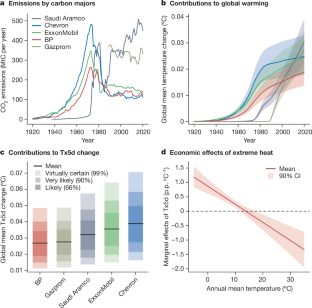
Abstract Will it ever be possible to sue anyone for damaging the climate? Twenty years after this question was first posed, we argue that the scientific case for climate liability is closed. Here we detail the scientific and legal implications of an ‘end-to-end’ attribution that links fossil fuel producers to specific damages from warming. Using…
-
Empowering materials science with VASPKIT: a toolkit for enhanced simulation and analysis

Abstract Driven by rapid advances in high-performance supercomputing, computational materials science has emerged as a powerful approach for exploring, designing, and predicting material properties at the atomic and molecular scales. Among the various computational tools developed in this field, the Vienna Ab initio Simulation Package (VASP) stands out as a widely adopted and highly versatile…
-
Exclusive: a Nature analysis signals the beginnings of a US science brain drain

Researchers in the United States are seeking career opportunities abroad as President Donald Trump’s administration slashes science funding and workforce numbers, finds an analysis of Nature’s jobs-board data. Data from the Nature Careers global science jobs platform show that US scientists submitted 32% more applications for jobs abroad between January and March 2025 than during…
-
Arctic researchers need to find ways to keep working together

The Arctic is warming faster on average than the rest of the world, with global consequences. Without curbing greenhouse-gas emissions, within 15 years, there could be no summer sea ice to reflect solar radiation from around Earth’s North Pole, amplifying heating elsewhere. Meltwater from ice sheets will push sea levels up. And the region’s thawing…
-
Lake Charles Celebrates Opening of Children’s Museum and LDWF Nature and Science Center at Port Wonder

The lakefront area of Lake Charles, Louisiana, became a hub of educational excitement today with the official opening of the Children’s Museum of Southwest Louisiana and the LDWF Nature and Science Center located at Port Wonder. According to an announcement from the Louisiana Department of Wildlife and Fisheries, the joint endeavor welcomes visitors from 9:30…
-
Active twisting for adaptive droplet collection
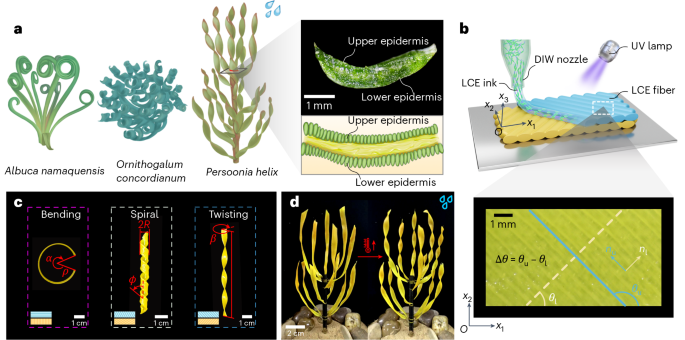
Abstract Many xeric plant leaves exhibit bending and twisting morphology, which may contribute to their important biological and physical functions adapted to drought and desert conditions. Revealing the relationships between various morphologies and functionalities can inspire device designs for meeting increasingly stringent environmental requirements. Here, demonstrated on the biomimetic bilayer ribbons made of liquid crystal…
-
The brain has a secret survival trick to endure a marathon
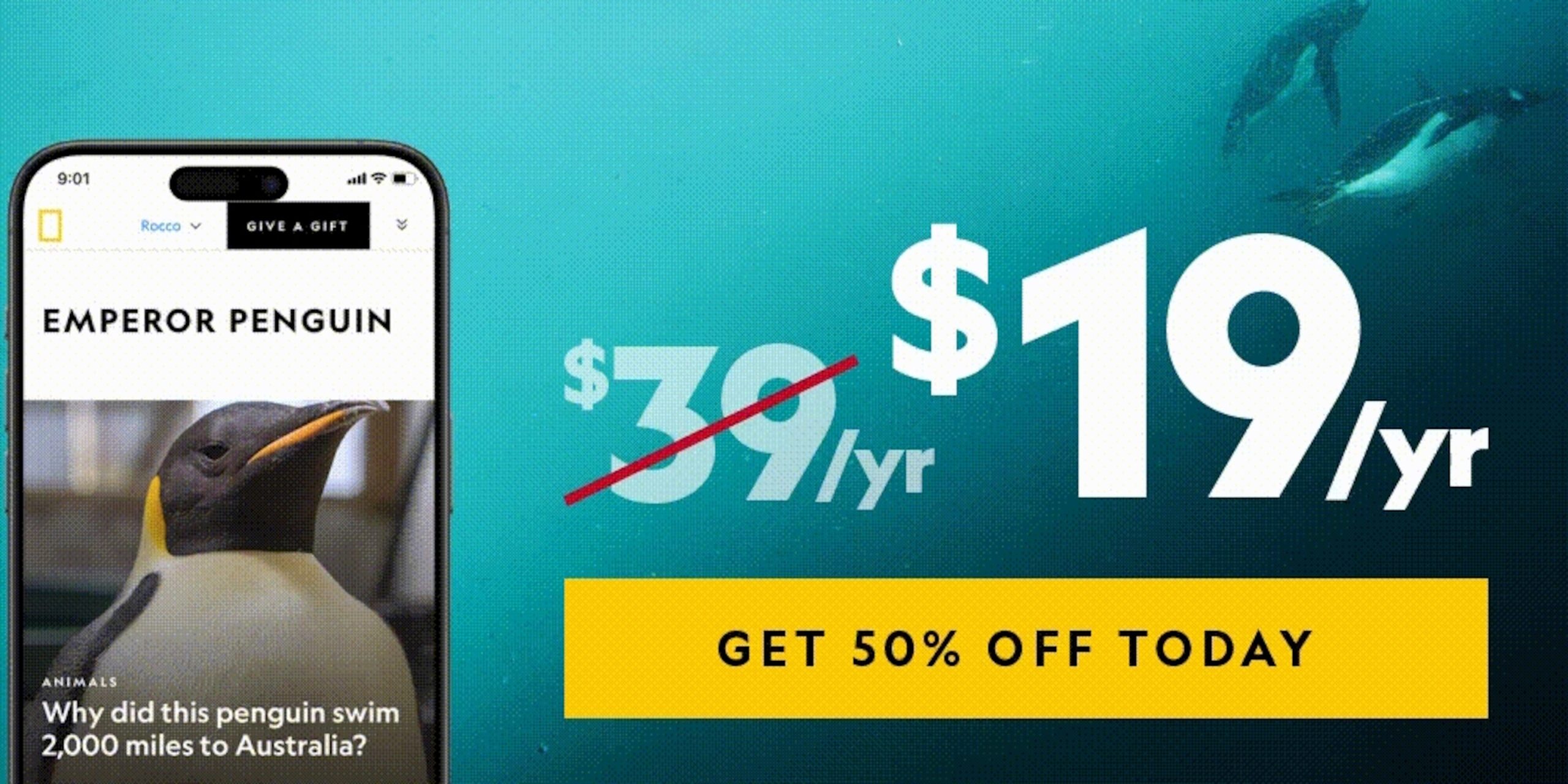
Participants ranged in age from 45 to 73, suggesting that even older brains remain remarkably adaptable. “Nobody foresaw that this would happen, that the structure of our brain may change so rapidly, in the time which it takes you to run the marathon,” says Matute. Matute doesn’t believe the temporary drop in myelin leads to…
-
Episode 47: This week in India’s science: 21 April 2025
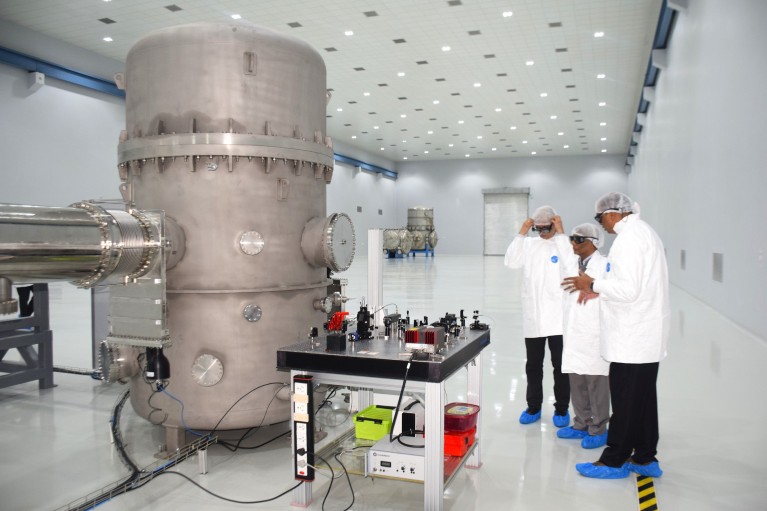
Scientists at the LIGO-India testing and training facility at RRCAT, Indore. Credit: LIGO-India India’s gravitational wave research milestone, the wisdom of Indigenous communities in conservation and an archaeological twist to South Asia’s farming origin Your browser does not support the audio element. Download MP3 See transcript
-
In situ characterization of laser-induced strong field ionization phenomena
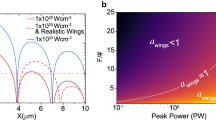
Abstract Accurately characterizing the intensity and duration of strong-field femtosecond pulses within the interaction volume is crucial for attosecond science. However, this remains a major bottleneck, limiting accuracy of the strong-field, and in particular, high harmonic generation experiments. We present a novel scheme for the in situ measurement and control of spatially resolved strong-field femtosecond…
-
16 Kids’ Books That Make Science and Nature Sizzle
There’s no pulling punches with kids. They can tell when grown-ups are sugarcoating things, and honestly, we haven’t exactly landed on any great G-rated versions of the climate crisis. In poring over a slew of beautiful, recently released books that aim to engage youngsters with the natural world, we were most drawn to those reads…